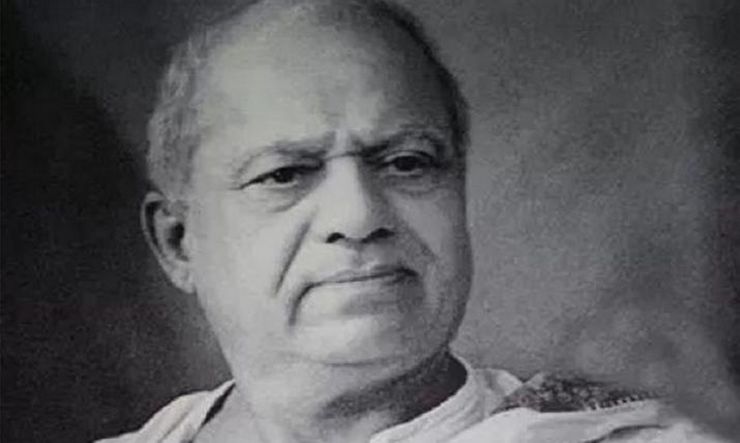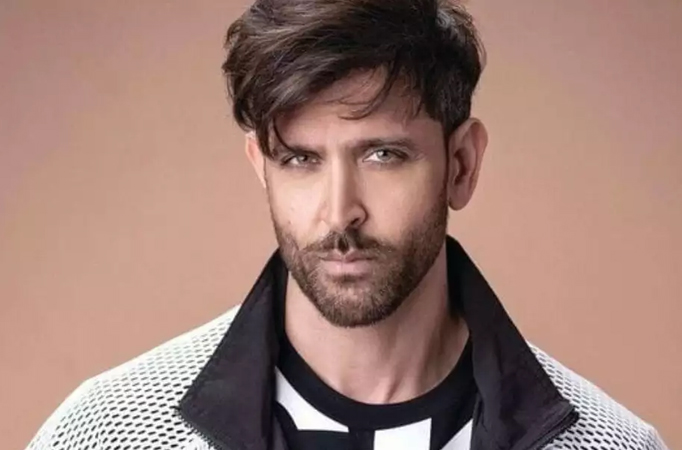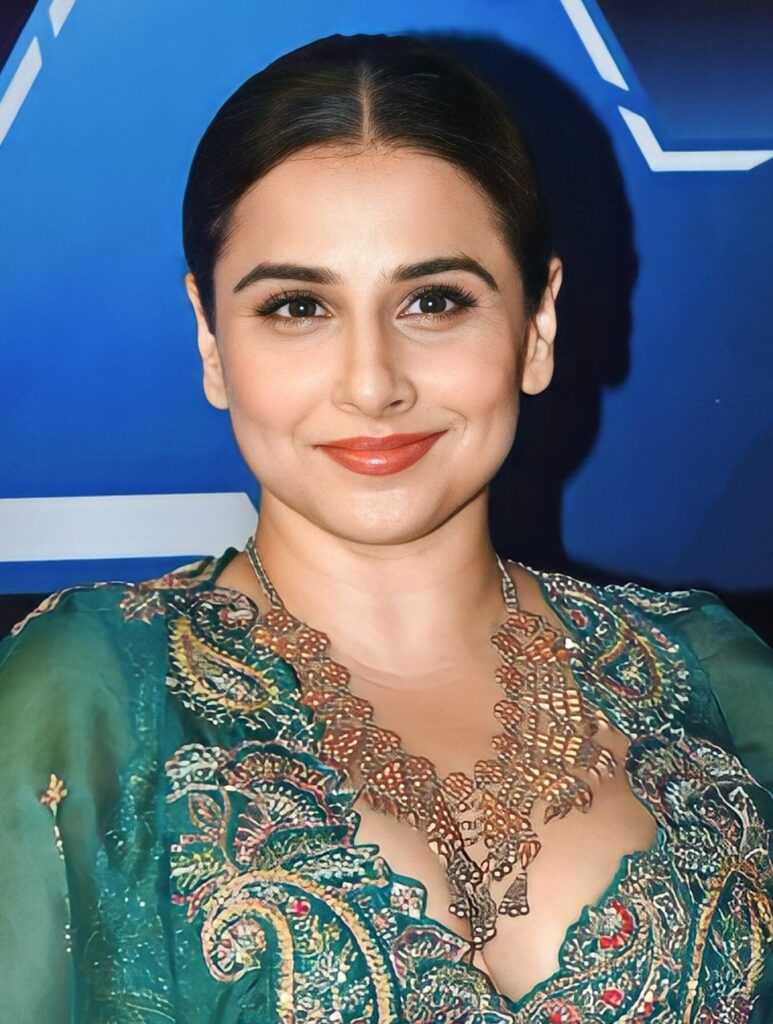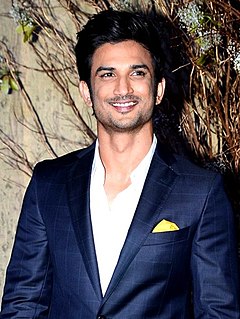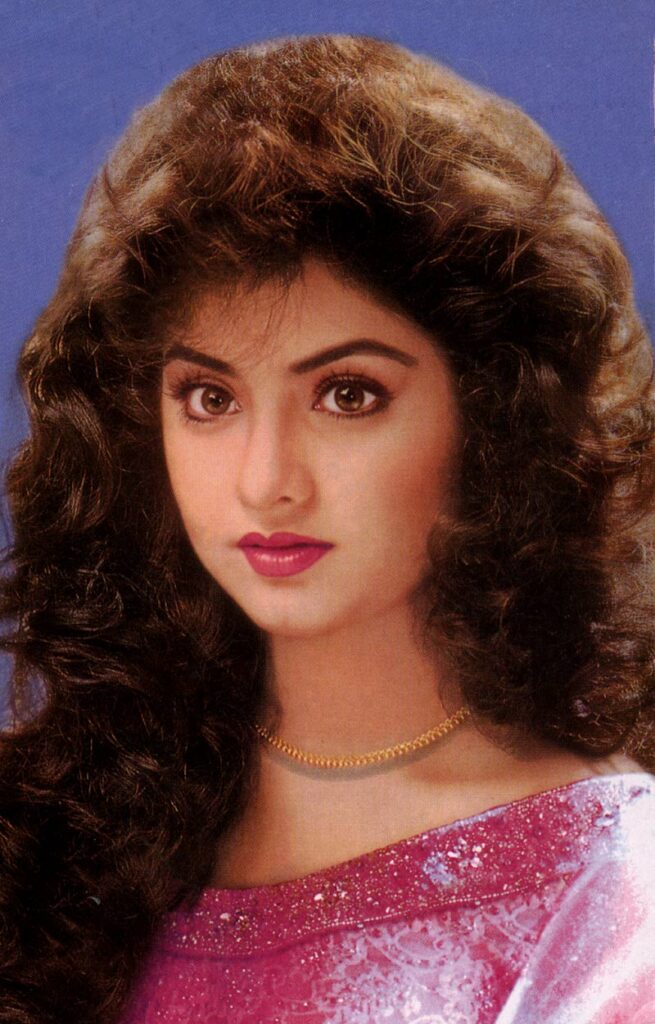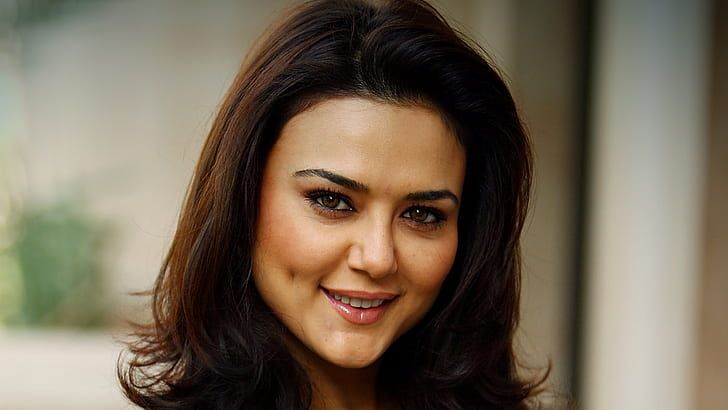Dadasaheb Phalke led a remarkable life filled with innovation, creativity, and pioneering achievements in the field of Indian cinema. Here are some key highlights of his life and accomplishments:
- Early Life and Career: Born Dhundiraj Govind Phalke on April 30, 1870, in Trimbak, Maharashtra, he showed an early interest in the arts. He initially pursued a career in various fields, including photography and printing.
- Introduction to Cinema: Phalke was inspired to pursue filmmaking after watching a silent film in 1910. Recognizing the potential of cinema as a powerful medium for storytelling and entertainment, he decided to delve into filmmaking.
- Raja Harishchandra (1913): Phalke’s most significant achievement came with the release of “Raja Harishchandra” in 1913, India’s first full-length feature film. The film, which he wrote, directed, produced, and even handled the camera for, marked the beginning of Indian cinema.
- Pioneering Spirit: Phalke faced numerous challenges during the making of “Raja Harishchandra,” including financial difficulties, lack of technical expertise, and the absence of an indigenous film industry infrastructure. However, his determination and innovative approach helped him overcome these obstacles.
- Subsequent Films: Following the success of “Raja Harishchandra,” Phalke continued to produce and direct numerous silent films, including mythological, historical, and social dramas. Some of his notable works include “Mohini Bhasmasur” (1913), “Satyavan Savitri” (1914), and “Lanka Dahan” (1917).
- Legacy: Dadasaheb Phalke’s contributions to Indian cinema are immense. He laid the foundation for the Indian film industry and inspired generations of filmmakers. His pioneering efforts earned him the title of “Father of Indian Cinema.”
- Recognition: In honor of his contributions, the Government of India instituted the Dadasaheb Phalke Award in 1969, the highest honor in Indian cinema. This award is presented annually to individuals for their outstanding contributions to the growth and development of Indian cinema.
Dadasaheb Phalke’s life and achievements continue to inspire filmmakers and cinephiles alike, and his legacy remains an integral part of the Indian film industry’s history and heritage.

